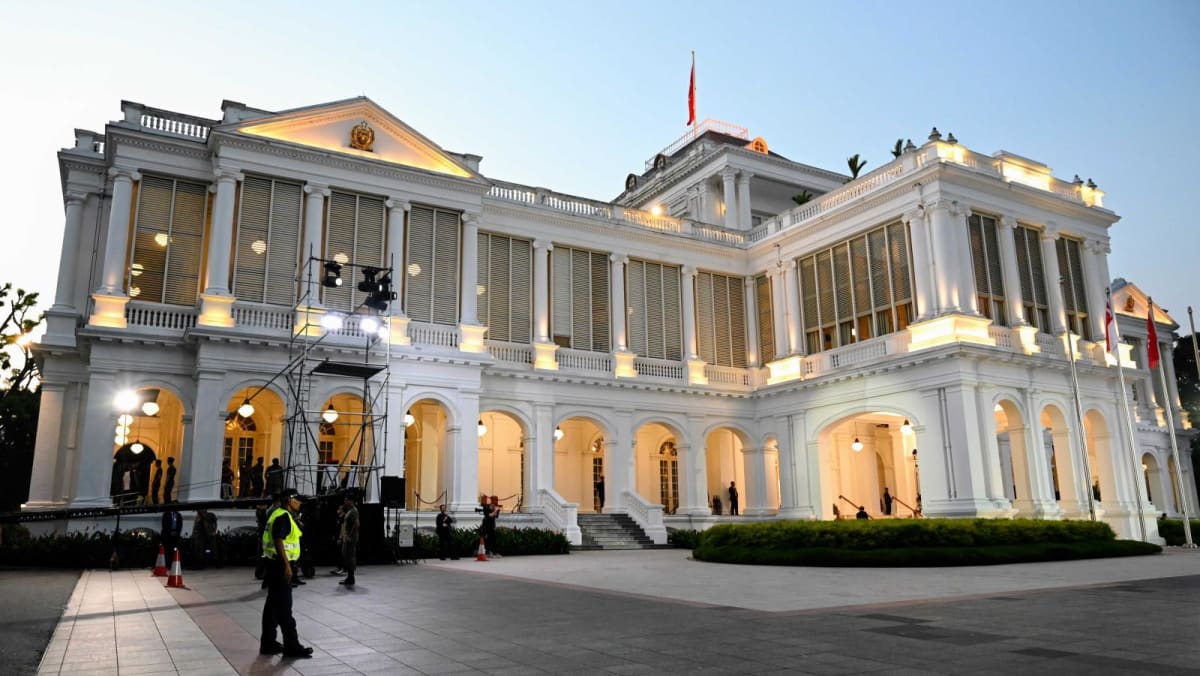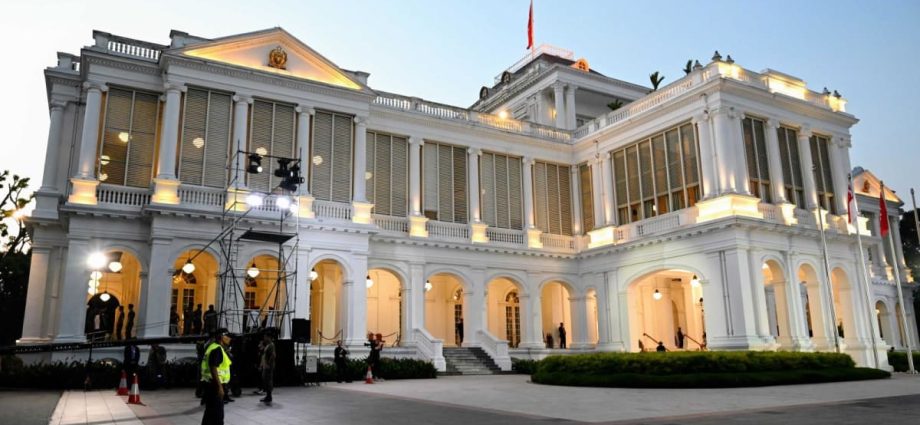
SINGAPORE: Singapore’s President can now hold roles in international organisations in his private capacity.
This was after parliament on Wednesday (Nov 22) approved amendments to the Constitution, though opposition lawmakers voted against the Bill.
What are the changes?
Under the revised legal framework, Singapore’s President can accept global appointments in a private capacity, under three conditions:
- The role cannot breach existing rules in the Constitution, which already forbid the President from actively engaging in commercial enterprises
- The Cabinet – the executive branch of the government – must advise the President that it’s in the national interest to accept the appointment
- The President, “acting in his discretion, must concur with the advice of the Cabinet”
In parliament on Wednesday, Deputy Prime Minister Lawrence Wong said “national interest” generally means being “helpful in advancing Singapore’s standing and interest on the international stage”.
“There should be benefits, be it direct or indirect, to Singapore as a whole,” he said.
The constitutional amendments also introduce a similar framework for ministers.
Why make the changes now?
Singapore’s current President, Mr Tharman Shanmugaratnam, was sworn in on Sep 14 after a landslide victory at the Sep 1 polls.
The former Senior Minister has been chairman of the board of trustees of the Group of Thirty (G30), an independent global council of economic and financial leaders, since 2017.
He also sits on the World Economic Forum’s board of trustees.
Mr Tharman, 66, co-chairs the Global Commission on the Economics of Water, which makes recommendations to the United Nations and other international forums.
And he co-chairs the advisory board for the UN Human Development Report.
Singapore’s Cabinet, led by Prime Minister Lee Hsien Loong, agreed it was in the national interest for Mr Tharman to continue holding these appointments as President.
The Attorney-General however advised the Cabinet that it was “not ideal” for Mr Tharman to do so in his official capacity, said Mr Wong.
International bodies want appointees to bring with them their official status and reputations, but contribute independently to achieve the aims of the organisations.
The Cabinet thus concluded that the President should be allowed to contribute to these international roles in his “independent and private” capacity, as this would benefit Singapore.
Given the Attorney-General’s advice that such an arrangement was not “clearly provided” for by the Constitution, amendments were needed, Mr Wong added.
Assistant Professor Benjamin Joshua Ong from the Singapore Management University’s Yong Pung How School of Law told CNA that President Tharman has “particularly strong” standing on the world stage due to his involvement.
“The change affirms that such activities by the President have the blessing of the government and are affirmed and recognised as being beneficial for Singapore,” he added.

